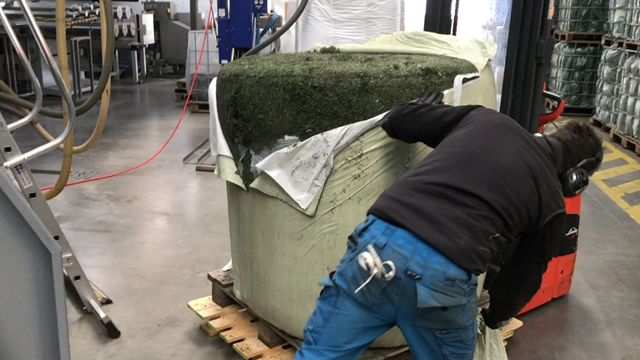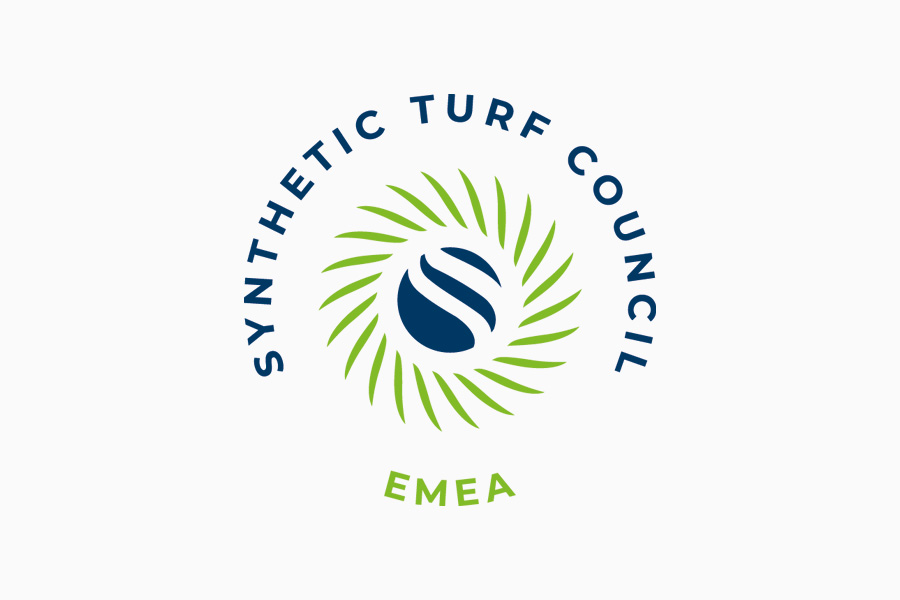Building for tomorrow. FieldTurf’s commitment to sustainability

FieldTurf’s promise to keep players safe on turf has evolved into an obsession — one with a singular focus to completely eliminate potential to harm not just people, but the environment too. FieldTurf strives for the lowest impact on people and the planet — from Cradle to Cradle™ manufacturing, to circular design, to the utmost […]
FIH latest affiliate member of ESTC

EMEA Synthetic Turf Council (ESTC) is pleased to announce that the Fédération Internationale de Hockey (FIH) has joined ESTC as an affiliate member. The affiliate membership enables FIH to interact directly with the synthetic turf industry and to participate in the various ESTC knowledge forums. ESTC Director General Stefan Diderich calls the membership a milestone […]